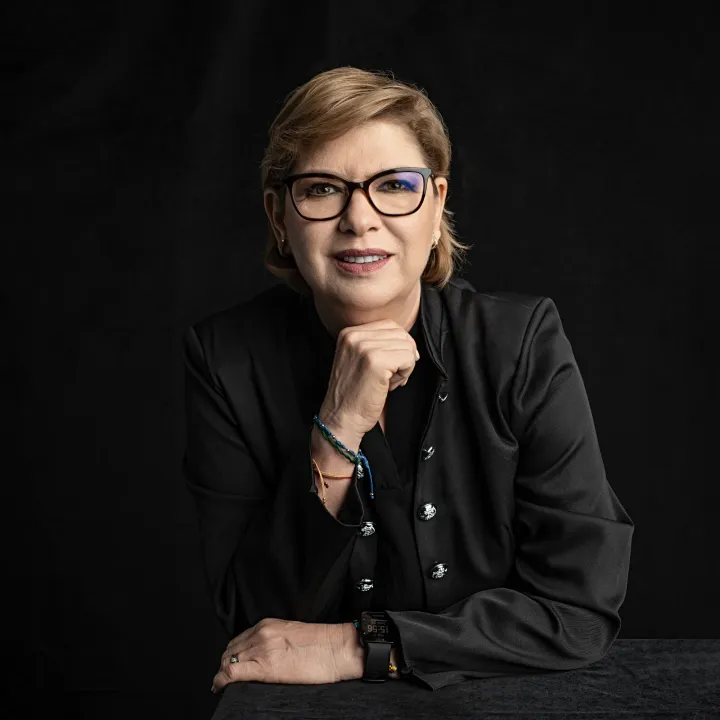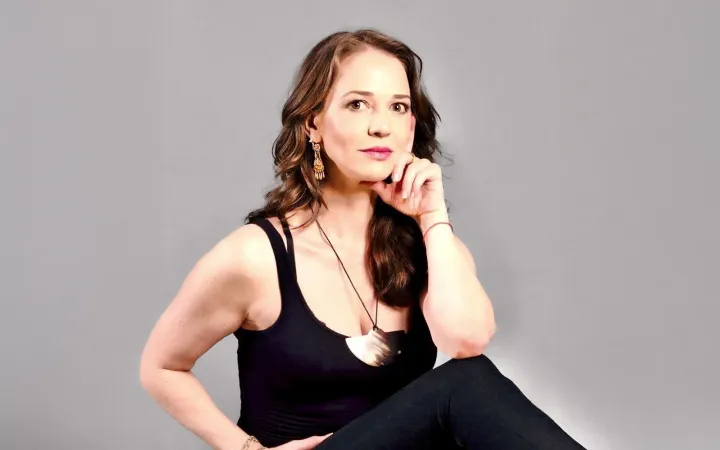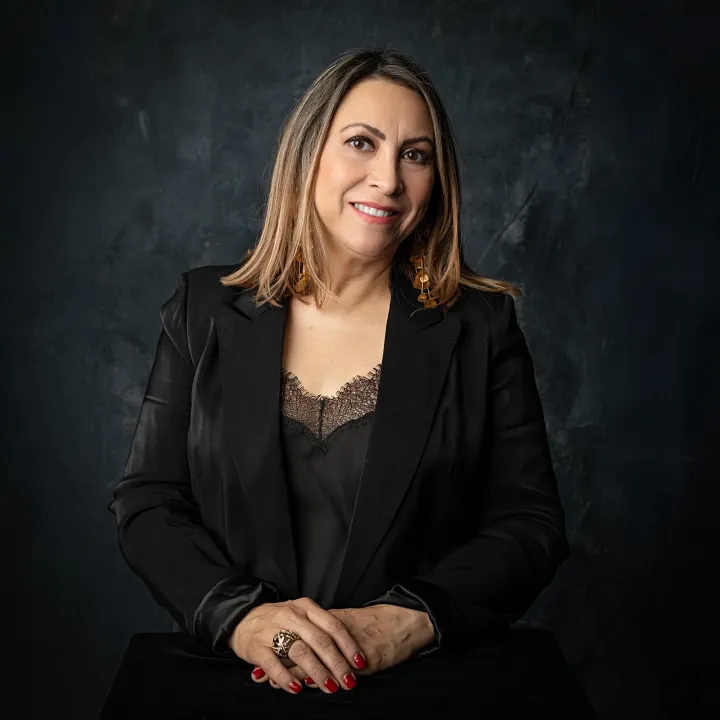Por Soledad Durazo
Nací y crecí en Granados, en una región que se conoce como la Sierra Alta en Sonora. Ahí vivimos pocos y se vive mucho.
No me arrulló la televisión como sucedía ya entonces con las infancias de otras latitudes y ahora ni se diga; tampoco me enteraba oportunamente de los acontecimientos; no captábamos la señal de la radio y el periódico llegaba con varios días de retraso y me tocaba salir a venderlo deslizándome en una bicicleta por las calles sin pavimento. Mi mente infantil alucinó cuando tuve frente a mí la primera imagen de televisión en blanco y negro. El aislamiento me hizo valorar y dimensionar el impacto de la comunicación.
Recibir la noticia de este premio me llevó a mi origen, a mi infancia, a esa sensación de libertad genuina, la que nace cuando la mirada no está contaminada de prejuicios. Los ojos, brillantes por los recuerdos de aquellas primeras aventuras, me sorprendieron en el espejo en ese momento.
No podría ser más icónico el año en que sucede: por decisión democrática una mujer ostenta la presidencia de la república, y hoy como nunca, hay más mujeres gobernando estados de este país... sí, en un país donde hace no tanto, imaginar esto rozaba lo utópico.
El periodismo, la comunicación como modo de vida y la Universidad de Sonora como ancla ética permanente frente a mis alumnos, han sido mis constantes y sublimes compañeros de viaje.
Recibir esta distinción, y más aún, aceptarla en presencia de ustedes, me compromete a nuevas etapas que, si todo marcha bien, espero sean tan largas como retadoras.
Recibir esta presea en un contexto tan convulso redobla la responsabilidad. Hablo de la violencia que marca el día a día del periodismo en México y del riesgo constante, que llevamos como un tatuaje invisible, como una segunda piel; hablo de las duras circunstancias económicas que presionan, cada día más, a quienes intentan mantenerse en esta profesión; hablo del golpe a la credibilidad que sufren los medios bajo narrativas oficiales que, lejos de alentarnos, buscan borrarnos; hablo de los tiempos en que la tecnología y las redes deben ser nuestros aliados, aunque a veces parecen nuestros rivales.
En esta era de cambios vertiginosos, la labor de los comunicadores requiere un compromiso sin precedentes con la tolerancia y la honestidad intelectual. Hoy, más que nunca, la credibilidad que las audiencias otorgan al buen periodismo debe ser nuestro faro.
Después de más de 36 años de ejercer esta profesión, he aprendido que el periodismo debe recordar, hoy más que nunca, su propósito esencial: confrontar y fiscalizar al poder, no elogiarlo, ni hacerle propaganda. Eso es otra cosa.
Somos tantos y opinamos tanto, que la tolerancia entre nuestras voces se convierte en un cimiento fundamental del mensaje que enviamos minuto a minuto en los medios y redes. Sin esa comprensión, alimentamos a quienes buscan destruir la libertad y arrasar con lo que amamos. Comprendernos, aunque en desacuerdo, es el pilar que sostiene esa atmósfera democrática que la sociedad necesita. Y nosotros, como parte de ella, tenemos la obligación de cultivarla.
Sirva esta oportunidad para reconocer a todas mis compañeras en Opinión 51, un proyecto que honra el valor de la palabra femenina en el género de opinión, ése que por miedo o inseguridad, tantas veces se nos negó. A Radio Fórmula y Radio Fórmula Sonora, por permitirme mostrar la realidad cruda y diaria de mi región; a la Universidad de Sonora, que me brindó, por casi 30 años, la dicha de formar generaciones de periodistas y comunicadores. A mis colegas, hombres y mujeres, que me impulsaron a seguir creyendo que hacer periodismo es, como diría García Márquez, el mejor oficio del mundo.
Gracias a cada uno de ustedes que con su atención, su crítica y su apoyo nos recuerdan que el periodismo tiene sentido solo cuando hay una audiencia comprometida y exigente. Porque ustedes son quienes dan validez a nuestra labor y nos hacen responsables de no decepcionarlos.
Gracias por este hermoso y comprometido momento de mi vida. Desde aquí, mi más profundo agradecimiento a la educación pública, que profesionalmente me permitió ser lo que soy.
A mi familia por su permanente inspiración y guía; libertad y dique cuando es preciso y su amor y respaldo siempre.
Hoy cierro este mensaje con una invitación: que este galardón no se quede solo en un símbolo de reconocimiento, sino en un llamado a transformar y cuestionar el rol de la prensa. A que busquemos, incluso desde las trincheras más modestas, la verdad que incomoda y la ética que inspira. Porque el periodismo, si no se renueva y no incomoda, está condenado a desvanecerse en la irrelevancia.
** Transcripción íntegra del discurso que dio Soledad Durazo este 12 de noviembre en la ceremonia de premiación del Premio Nacional de Periodismo donde fue galardonada con el premio a la Trayectoria 2024.

Las opiniones expresadas son responsabilidad de sus autoras y son absolutamente independientes a la postura y línea editorial de Opinión 51.






Comments ()